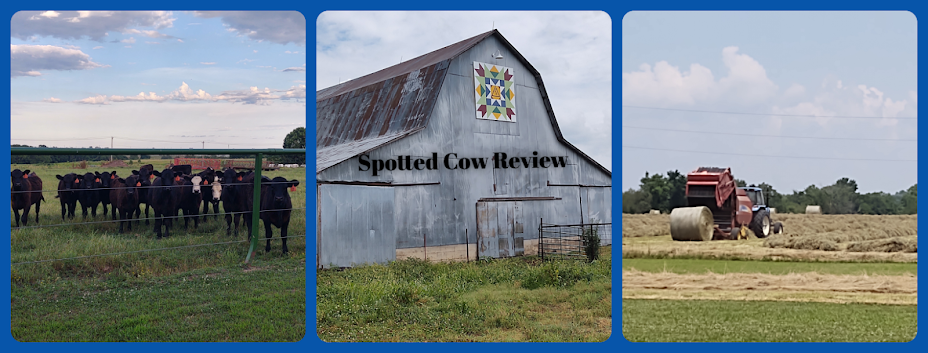
- According to USDA, 98 percent of all U.S. dairy farms are family owned and operated
- More milk is produced today with only 9 million cows than with 26 million cows in 1944
- Dairy is the No. 1 agricultural business in California,Idaho,Maine,Michigan,New Mexico,New York,Pennsylvania,Vermont and Wisconsin
While American farmers are providing the safest,most affordable and available food, we are also providing jobs and economic support for our local communities. In a recent article about American agriculture, USDA Secretary Tom Vilsack stated,"Every one billion dollars in agriculture exports supports 8,000 American jobs, which means agricultural exports supported nearly one million jobs in 2010."
Food security is important to all American families. With only two percent of our population providing food,fiber and fuel for all Americans, National Agriculture Day is a great opportunity to not only celebrate agriculture but share information about how we continue to provide for all consumers.
Happy Ag Day!






